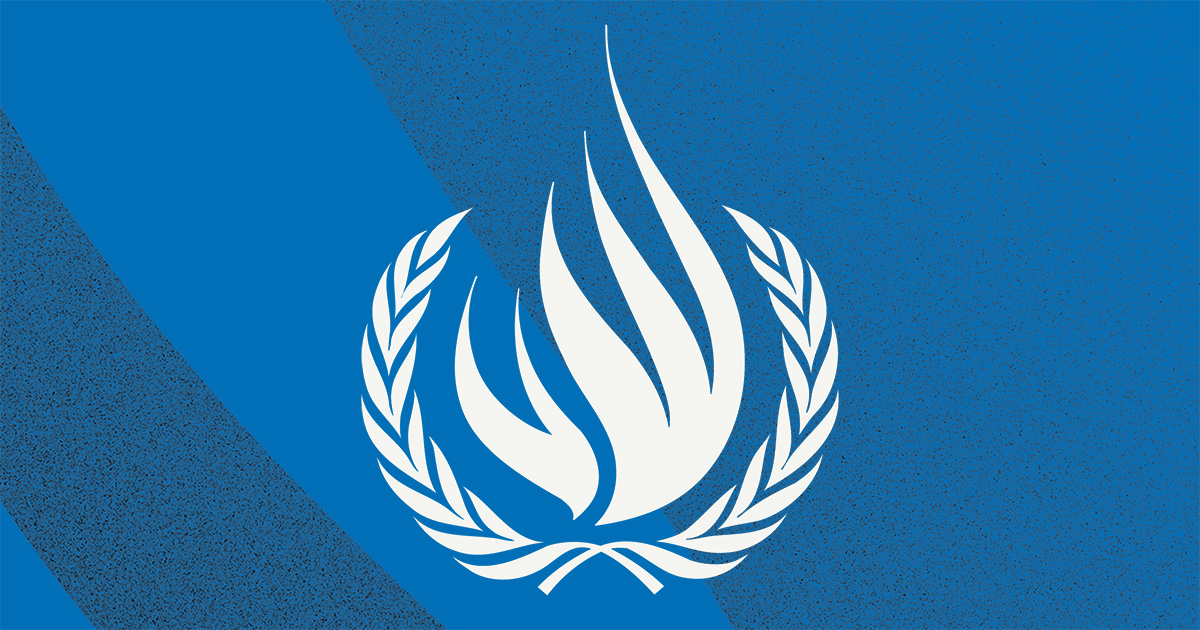
The Committee against Torture today discussed follow-up to concluding observations, follow-up to individual communications, and reprisals under the Convention against Torture and other Cruel, Inhuman or Degrading Treatment or Punishment.
Bakhtiyar Tuzmukhamedov, Ad Interim Rapporteur on follow-up to concluding observations under article 19 of the Convention, presenting his report, said that follow-up reports were received from Niger - which had submitted two follow-up reports - Burkina Faso, Tajikistan and Peru. But several countries had not met the deadlines for submission of follow-up information: Antigua and Barbuda, Bangladesh, Benin, Cabo Verde, Cambodia, Congo, Djibouti, Gabon, Ghana, Guinea, Holy See, Indonesia, Madagascar, Mozambique, Philippines, Rwanda, Seychelles, Sierra Leone, Sri Lanka, Syria, Togo, Yemen and Zambia. National human rights institutions, human rights non-governmental organizations and civil society groups had also submitted information under the follow-up procedure. The Committee had received one alternative follow-up report from such sources in relation to the follow-up replies submitted by Togo.
During the period under review, the information provided by States parties was assessed to monitor whether the issues identified by the Committee for follow-up had been addressed. Communications with the States parties reflected the Committee’s analysis, and since July 2021, such communications were sent to South Africa, Niger and Burkina Faso. While no A grades were awarded, representing the Committee’s recommendations being largely implemented, several recommendations had been partially implemented although further action was needed. Substantive steps had been taken toward the implementation of one recommendation, and initial steps with regard to three others. Three recommendations identified for follow-up did not contain sufficient information. In one instance, the Committee’s recommendations were counteracted, with the State party adopting measures that were contrary, or had results contrary to the recommendations of the Committee, leading to the lowest grade of “E”. The Committee had a dedicated web page for the follow-up procedure, where all relevant documents were available, including the recommendations identified for follow-up by the Committee, the information submitted by States parties, the correspondence with concerned States parties, and the public reports submitted by national human rights institutions, non-governmental organizations and other stakeholders.
The Chairperson of the Committee, Claude Heller, said that the report was adopted.
Mr. Heller, in his capacity as Rapporteur on follow-up to communications presented under article 22 (individual complaints procedure), presented a brief report bringing together information on the States parties and complainants since the last session of the Committee. The first communication considered was against Canada, and the Committee had concluded that there had been a breach of the Convention. The Committee considered that the follow-up observations had demonstrated full implementation, and the follow-up dialogue had been closed with a note of satisfactory resolution. The second communication was against the Russian Federation, where the Committee had urged the State party to provide the complainant with an effective remedy, including an investigation as well as a retrial, inter alia. There had been a lack of implementation of the Committee’s decisions, and as a result the follow-up dialogue was open, considering further steps in light of the State party’s observations.
The report on follow-up to individual communications was adopted.
The Rapporteur on reprisals, Ana Racu, said that not many allegations of reprisals due to cooperating with the Committee had been received, possibly due to COVID-19 pandemic restrictions limiting access to international protection mechanisms, including lawyers. Some cases of alleged reprisals had been submitted to the Committee, including a communication against Cyprus, and the Committee had decided to send a letter, reiterating the Committee’s interest in the alleged reprisals. In a case against Kazakhstan, the Committee had sent a letter to ensure the complainant was not subjected to reprisals as a result of his complaint to the Committee. In a case against Morocco, the case was in the permanent focus of the Committee, and the follow-up dialogue would remain ongoing. Regarding reprisals under article 20, there were no new allegations of reprisals eligible to be discussed by the Committee.
The webcast of the Committee against Torture meetings can be found here. All meeting summaries can be found here. Documents and reports related to the Committee against Torture’s seventy-second session can be found here.
The Committee is next scheduled to meet in public at 10 a.m. on Friday, 3 December, to formally close its seventy-second session.
Link: https://www.ungeneva.org/en/news-media/meeting-summary/2021/11/le-comite-contre-la-torture-se-penche-sur-le-suivi-de-lexamen







